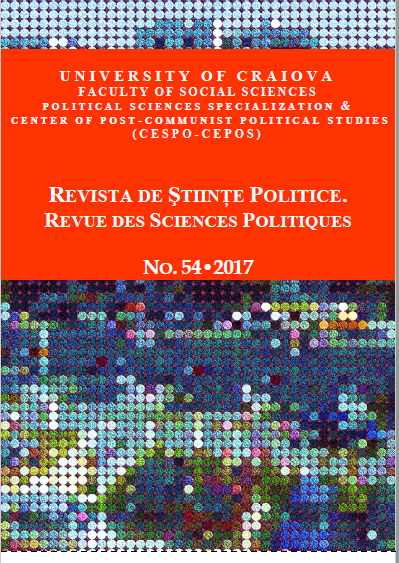Student-Centered Education and Paradigmatic Changes
Student-Centered Education and Paradigmatic Changes
Author(s): Ecaterina Sarah Frăsineanu, Vali IlieSubject(s): Education, Higher Education , Evaluation research
Published by: Editura Universitaria Craiova
Keywords: student-centered learning; reflexivity; change;
Summary/Abstract: The paradigm of the education centered on student and his learning activity triggered changes on designing and structure of the educational process, from approaching educational outcomes, as a transition from the focus on the acquisition of knowledge to the effort to form competencies or to more essentialised organizing of the contents, changing teaching methods, the way in which the assessment is done and, most prominently, to a more flexible networking. Within the policies and practices of higher education institutions in Europe and the world the teacher is considered increasingly as a guide for learning and a factor in the professional development of the students and our article advocates for the application of this principle in higher education in Romania, analyzing, first, how was shaped this trend of redesigning the training, compared to traditional perspective. Then, there are presented the practical possibilities of implementation, contextual impediments or limitations and its benefits. From the perspective of the academic teachers, this focusing on students exceeds the formal limits of academic activity, the teachers acting to advise them depending on their real, particular needs. The multiple strategic options of teachers and students have roots in the humanism, constructivism and instructionism, making a good connection with the specifics of today's information society that uses modern communication resources. We considered also as useful to know the students' perception about the level to which they consider that they are involved and especially, engage themselves in improving the instruction process. The necessity for a more active involvement of the students is that, in order to cope with the rapid changes and demands of the academic environment, the student must be responsible, to be directed by clear goals, be persistent, to regulate her/himself, be flexible in thinking, to be selective and to exploit the resources he can use optimally.
Journal: Revista de Științe Politice. Revue des Sciences Politiques
- Issue Year: 2017
- Issue No: 54
- Page Range: 104-117
- Page Count: 14
- Language: English

